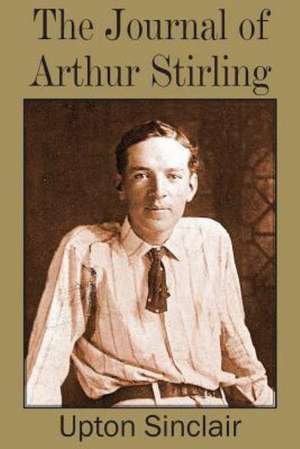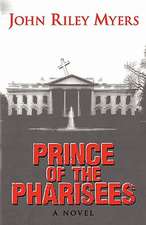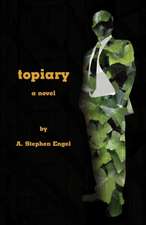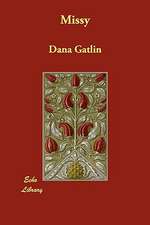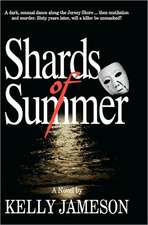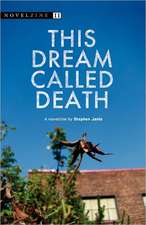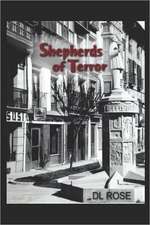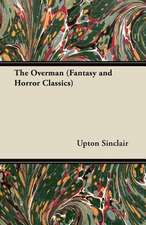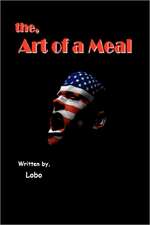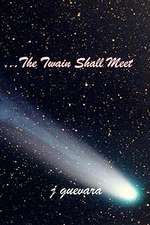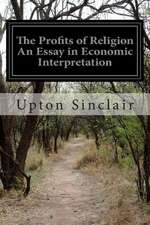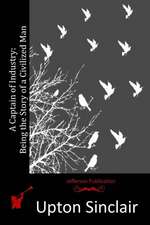Journal of Arthur Stirling
Autor Upton Sinclairen Limba Engleză Paperback – 31 mar 2014
| Toate formatele și edițiile | Preț | Express |
|---|---|---|
| Paperback (2) | 91.78 lei 38-44 zile | |
| Bottom of the Hill Publishing – 31 mar 2014 | 106.13 lei 3-5 săpt. | |
| Echo Library – 30 aug 2006 | 91.78 lei 38-44 zile |
Preț: 106.13 lei
Nou
Puncte Express: 159
Preț estimativ în valută:
20.31€ • 21.13$ • 16.77£
20.31€ • 21.13$ • 16.77£
Carte disponibilă
Livrare economică 22 martie-05 aprilie
Preluare comenzi: 021 569.72.76
Specificații
ISBN-13: 9781483704753
ISBN-10: 1483704750
Pagini: 180
Dimensiuni: 152 x 229 x 10 mm
Greutate: 0.25 kg
Editura: Bottom of the Hill Publishing
ISBN-10: 1483704750
Pagini: 180
Dimensiuni: 152 x 229 x 10 mm
Greutate: 0.25 kg
Editura: Bottom of the Hill Publishing
Notă biografică
Upton Beall Sinclair Jr. (1878 - 1968) was an American writer who wrote nearly 100 books and other works in several genres. Sinclair's work was well-known and popular in the first half of the twentieth century and he won the Pulitzer Prize for Fiction in 1943. In 1906, Sinclair acquired particular fame for his classic muckraking novel The Jungle, which exposed conditions in the U.S. meat packing industry, causing a public uproar that contributed in part to the passage a few months later of the 1906 Pure Food and Drug Act and the Meat Inspection Act. In 1919, he published The Brass Check, a muckraking exposé of American journalism that publicized the issue of yellow journalism and the limitations of the "free press" in the United States. Four years after publication of The Brass Check, the first code of ethics for journalists was created. Time magazine called him "a man with every gift except humor and silence". He is also well remembered for the line: "It is difficult to get a man to understand something, when his salary depends upon his not understanding it." He used this line in speeches and the book about his campaign for governor as a way to explain why the editors and publishers of the major newspapers in California would not treat seriously his proposals for old age pensions and other progressive reforms. Upton Sinclair was considered a force of nature -- being not only prolific in his novel-writing but a political force of decided influence. Unknown to many of his admirers, Sinclair also wrote adventure fiction, under the name Ensign Clark Fitch, U.S.N.
